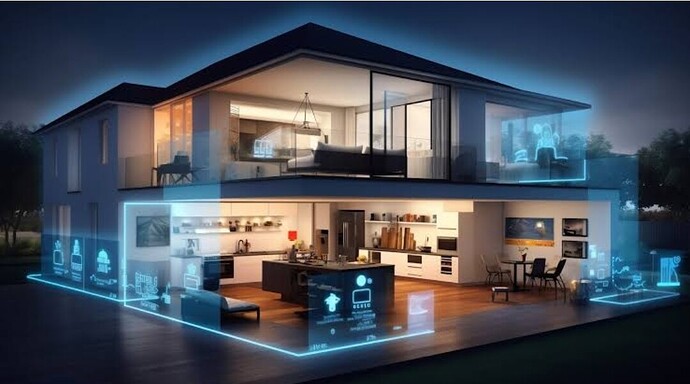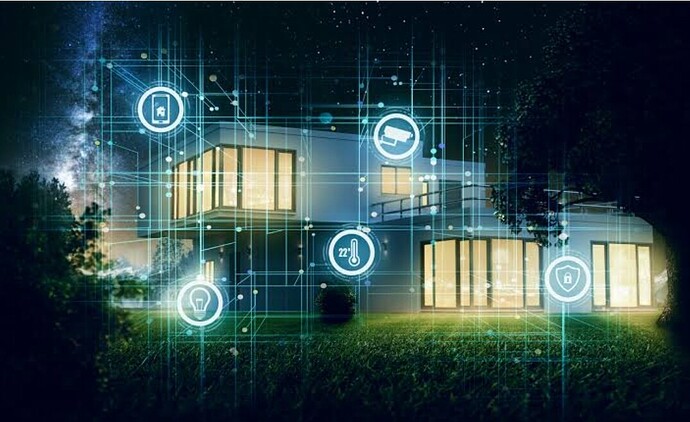Integrating smart technology into home renovations has become increasingly popular as homeowners seek convenience, efficiency, and enhanced security. Smart devices not only make daily life easier but also improve energy efficiency, provide safety features, and add value to a property. From lighting and climate control to security systems and appliances, incorporating smart technology can transform any home into a modern, connected living space.
Smart Lighting Solutions
Smart lighting is one of the most accessible and impactful technology upgrades. Homeowners can install dimmable LED lights, color-changing bulbs, and motion-sensor lighting controlled via smartphone apps or voice assistants. Smart lighting systems can be scheduled to turn on or off automatically, creating convenience while reducing energy usage. Accent lighting, under-cabinet illumination, and outdoor smart lights enhance both aesthetics and functionality.
Climate Control and Energy Efficiency
Smart thermostats are an essential addition to modern homes. These devices learn homeowners’ routines and adjust temperatures accordingly, optimizing comfort while minimizing energy consumption. Integrating smart HVAC systems allows for zone-based temperature control, so rooms are heated or cooled as needed. Energy monitoring features help track consumption patterns and identify areas for improvement, contributing to both sustainability and cost savings.
Security and Safety Upgrades
Home security is a top priority, and smart technology offers advanced solutions. Smart locks, video doorbells, and surveillance cameras can be controlled remotely, providing peace of mind whether at home or away. Motion sensors, flood detectors, and smoke alarms integrated into a smart system notify homeowners instantly of potential hazards. These upgrades not only enhance safety but also increase the property’s market appeal.
Smart Appliances and Kitchens
Modern kitchens benefit greatly from smart appliances. Refrigerators with touchscreens, ovens with remote controls, and dishwashers with energy monitoring capabilities add convenience and efficiency. Smart coffee makers, water heaters, and pantry monitoring systems allow homeowners to manage daily tasks effortlessly. These appliances reduce energy consumption, streamline household routines, and create a high-tech, user-friendly kitchen environment.
Entertainment and Connectivity
Smart home renovations also include entertainment systems. Smart TVs, audio systems, and streaming devices can be integrated with voice control and mobile apps for a seamless multimedia experience. Whole-home Wi-Fi and networked devices ensure connectivity throughout the property, supporting both work and leisure activities. Centralized control hubs, such as tablets or apps, allow homeowners to manage all connected devices in one place.
Planning and Integration
Successful smart home renovations require careful planning. Compatibility between devices, network strength, and user interface design are critical factors. Consulting with professionals or researching compatible ecosystems ensures that upgrades function smoothly together. Thoughtful placement of devices and integration with existing infrastructure enhances usability and maximizes the benefits of smart technology.
Conclusion
Smart technology upgrades elevate home renovations by combining convenience, safety, efficiency, and modern style. From lighting and climate control to security systems, appliances, and entertainment, connected devices improve daily living while increasing property value. Incorporating smart technology thoughtfully ensures a functional, efficient, and contemporary home that meets the demands of modern lifestyles. By embracing innovation, homeowners can create spaces that are not only beautiful but also intelligent, safe, and responsive t
o their needs.

